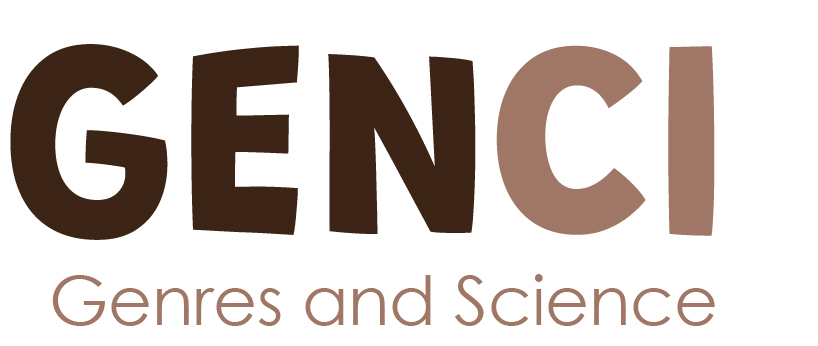The 45th GERAS International Conference took place from 21-23 Mar 2024 at ZHAW Université des sciences appliquées de Zurich, in Winterthur (Switzerland). This is an annual conference organised by the French association of English for specific purposes. Our colleagues Oana Maria Carciu and Rosana Villares, presented the study “Recontextualizing the RA abstract for a diversified audience: A case study of writing lay summaries”.
Abstract
Recent changes in research writing for publication challenge scientists to write a new genre that builds on the research article (RA) abstract, namely lay summaries (Pérez-Llantada 2021). Many existing online journals in a variety of disciplines have included this genre which is a short summary of the article aimed at a non-specialist audience. There is perhaps consensus in academic and professional settings that it is useful for researchers to consider the potential social impacts of their work. As a result, scientists and journal editors are calling for publishing lay summaries with paired RA abstracts as a mechanism by which the general public and scientists in other disciplines can also engage in the discussion in an informed manner (Rodgers 2017; Shailes 2017). Against this backdrop, ESP research on genres for diversified audience (i.e. audiences with different degrees of expertise) aims to shed light into the recontextualization of expert knowledge through new genres that support scientific communication and engagement of non-experts in the scientific community (Luzón and Pérez-Llantada 2019). Given the potential of the lay summary for public outreach, it is therefore paramount to examine how scientific discourse (i.e. the RA abstract) is recontextualized into this new genre to disseminate science. This case study examines the lay summaries written by the participants in an online professional development course, all STEMM (science, technology, engineering, mathematics and medicine) and social science academics based at a Spanish university. As part of the course tasks which focused on improving literacy for science communication in the digital environment, participants turned the abstract of one of their published papers into a lay summary. The study triangulates data on language use obtained from a small, specialized corpus of texts sampled from scientists’ tasks alongside a self-assessment rubric that focuses on the generic features of the lay summary. Findings showcase the language used to convey the salient features of the paper for a non-expert in a lay summary compared to that of the RA abstract and the literacy skills that these scientists need to effectively communicate the impact of their research to society at large. The conclusions focus on training needs to improve public communication of science to diverse audiences given that future scientists are going to depend more than ever on their ability to make scientific research accessible and transparent for the scientific community and engage wider audiences in science (Pérez-Lantada 2021).
